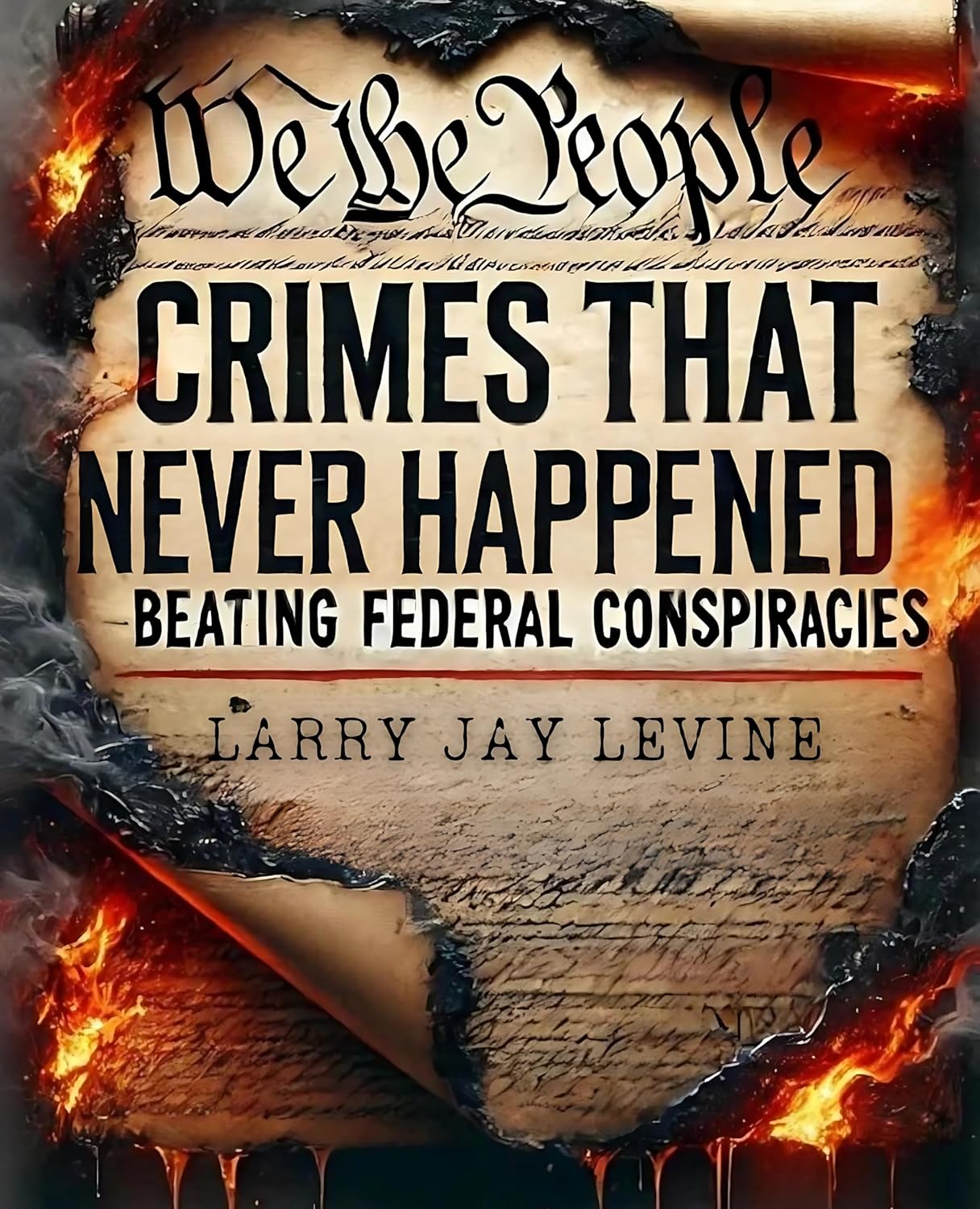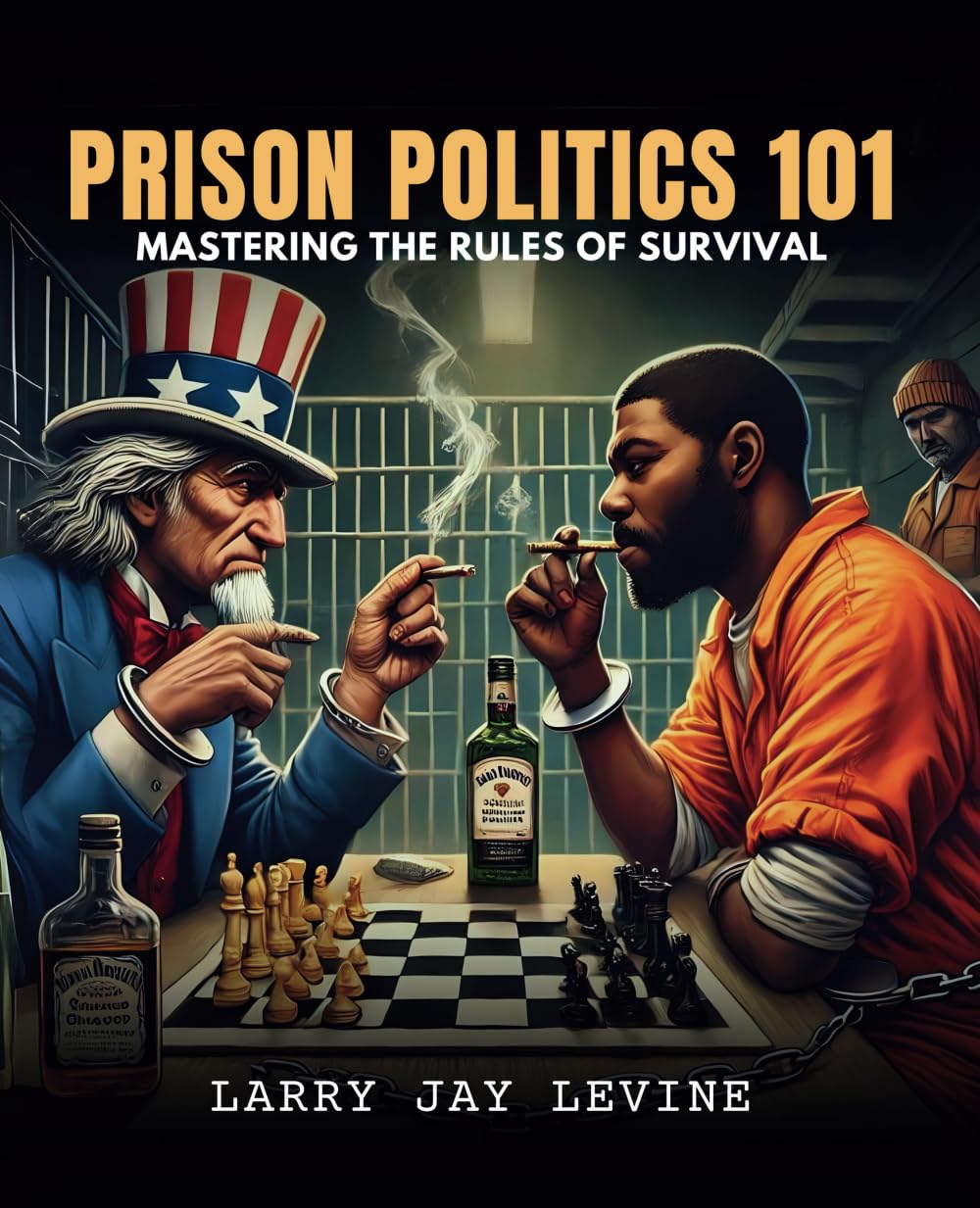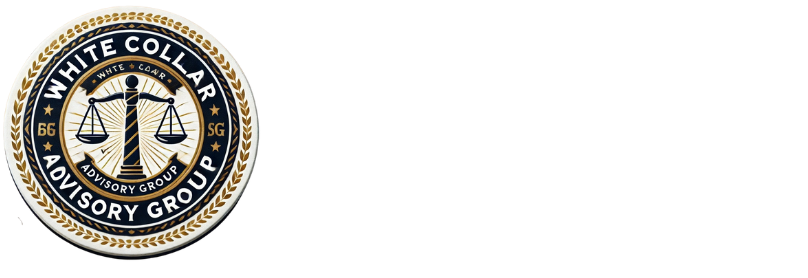Federal Bribery and Public Corruption Charges
Bribery and public corruption are serious federal crimes defined under 18 U.S.C. §§ 201, 666, and 1346, which make it illegal to offer, give, solicit, or receive anything of value to influence the actions of a public official or someone in a position of authority. Public corruption involves the abuse of power by government officials for personal gain, while bribery focuses on the exchange of favors, money, or gifts to manipulate decisions.
These crimes undermine public trust and the integrity of government institutions, making them a top priority for federal prosecutors. Bribery and Public Corruption carry severe penalties including serving time in a federal prison under federal law, with sentencing influenced by the amount of money involved, the defendant’s position of authority, and the impact on public trust.
Facing Federal Bribery Charges?
Bribery and public corruption charges are career-ending, reputation-destroying, and often come with severe penalties. Federal prosecutors have a conviction rate of over 90%, and they aggressively pursue cases that threaten public trust.
Here’s How White Collar Advisory Group Can Help You
That’s where White Collar Advisory Group comes in. We prepare criminal defendants in dealing with the US District Court system and while attorneys focuses on courtroom strategy, we focus on protecting your future by preparing you for the realities of federal prosecution and prison life.
Our services go beyond legal defense—we focus on what comes next:
- Sentencing Preparation: Learn how to present yourself effectively to mitigate sentencing outcomes, including strategies for the Presentence Investigation Report (PSR).
- Prison Consulting: Guidance on navigating the federal prison system, from security classifications to daily survival strategies.
- Sentence Reduction Strategies: Advice on qualifying for programs like RDAP, compassionate release, and sentence mitigation tactics.
- Post-Conviction Support: Assistance with halfway house placement, supervised release, and reentry strategies after prison.
We’ve helped countless clients navigate the federal system, and we’re ready to help you.
Contact Us Now
📧 Email: help@whitecollaradvisorygroup.com
📞 Phone: 480-745-2000`
Self Help Books by Larry Levine
 |
 |
Common Types of Bribery and Public Corruption Include:
- Political Bribery: Offering money or gifts to elected officials in exchange for favorable legislation, government contracts, or regulatory decisions.
- Kickback Schemes: Arranging secret payments to officials or employees in return for steering business, contracts, or government funds.
- Judicial Corruption: Influencing judges, prosecutors, or court officials through bribes to secure favorable rulings or dismissals.
- Foreign Bribery (FCPA Violations): Bribing foreign officials to gain business advantages, governed by the Foreign Corrupt Practices Act (FCPA).
- Bid Rigging: Manipulating public contracts by bribing officials to favor certain vendors in competitive bidding processes.
- Embezzlement of Public Funds: Misappropriating government funds through corrupt practices or fraudulent schemes.
How Federal Authorities Investigate Bribery
Bribery and public corruption investigations are handled by federal agencies such as the Federal Bureau of Investigation (FBI), the Department of Justice (DOJ), and the Office of Inspector General (OIG). In cases involving foreign officials, the Securities and Exchange Commission (SEC) and Department of State may also be involved.
Key Components of Federal Investigations:
- Wiretaps and Electronic Surveillance: Monitoring phone calls, emails, and encrypted communications to capture evidence of corrupt dealings.
- Financial Forensics: Tracing bank accounts, wire transfers, and financial transactions to uncover illicit payments or unexplained wealth.
- Whistleblower Testimony: Relying on insider reports from government employees, contractors, or co-conspirators to expose corruption.
- Undercover Operations: Deploying agents to pose as participants in bribery schemes to gather direct evidence.
- Subpoenaed Records: Reviewing contracts, government documents, and personal communications to build a case.
Federal prosecutors rely heavily on financial records, surveillance evidence, and cooperating witnesses to prove corrupt intent.
Penalties & Federal Sentencing for Bribery
Bribery and public corruption carry severe penalties under federal law, with sentencing influenced by the amount of money involved, the defendant’s position of authority, and the impact on public trust.
Potential Penalties Include:
- Up to 15 years in federal prison for each bribery offense under 18 U.S.C. § 201.
- Fines up to three times the value of the bribe or improper benefit received.
- Forfeiture of Assets: Seizure of any property gained through corrupt activities.
- Mandatory restitution to the government or affected parties in cases involving financial loss.
- Disqualification from Public Office: Permanent bans on holding government positions for convicted officials.
Sentencing Enhancements Apply If:
- The bribe or corrupt scheme involved large sums of money or high-level government officials.
- The defendant held a position of significant public trust, such as a judge, legislator, or senior government official.
- The crime had a substantial impact on government operations or public programs.
- The offense involved foreign officials or violated the Foreign Corrupt Practices Act (FCPA).
Sentencing follows the U.S. Sentencing Guidelines, considering factors like the amount of the bribe, the role of the defendant, and the harm caused to public institutions.
Defense Strategies for Bribery and Public Corruption Charges
Despite aggressive federal prosecution, several defense strategies can be effective in bribery and public corruption cases:
- Lack of Corrupt Intent: Proving that the defendant did not intend to influence or be influenced in exchange for something of value—intent is key in bribery cases.
- No Quid Pro Quo: Arguing that no explicit agreement existed between the parties to exchange favors for money or gifts, which is critical in bribery prosecutions.
- Entrapment: Claiming that government agents induced the defendant to commit a crime they otherwise wouldn’t have, often applicable in undercover operations.
- Insufficient Evidence: Challenging the prosecution’s ability to directly link the defendant to corrupt activities through reliable evidence.
- Legitimate Gifts or Donations: Demonstrating that the financial transactions were lawful gifts, campaign contributions, or business transactions without corrupt purposes.
An effective defense requires early legal intervention, detailed case analysis, and strategic planning tailored to the complexity of the case.
Frequently Asked Questions About Bribery and Public Corruption
What’s the difference between bribery and extortion?
Bribery involves offering or receiving something of value to influence a decision. Extortion involves obtaining money or favors through threats, coercion, or abuse of power.
Can I be charged with bribery if no money was exchanged?
Yes. Even offering or soliciting a bribe without the exchange of money can result in federal charges. The crime focuses on the corrupt agreement, not just the payment.
Is public corruption always prosecuted federally?
Public corruption is often prosecuted federally when it involves federal officials, federal funds, or interstate commerce. State-level corruption can be handled by local authorities unless federal interests are involved.
Does cooperating with federal prosecutors reduce my sentence?
Cooperation can potentially reduce your sentence, but it comes with legal risks. Always consult with an experienced attorney before agreeing to cooperate with federal authorities.

